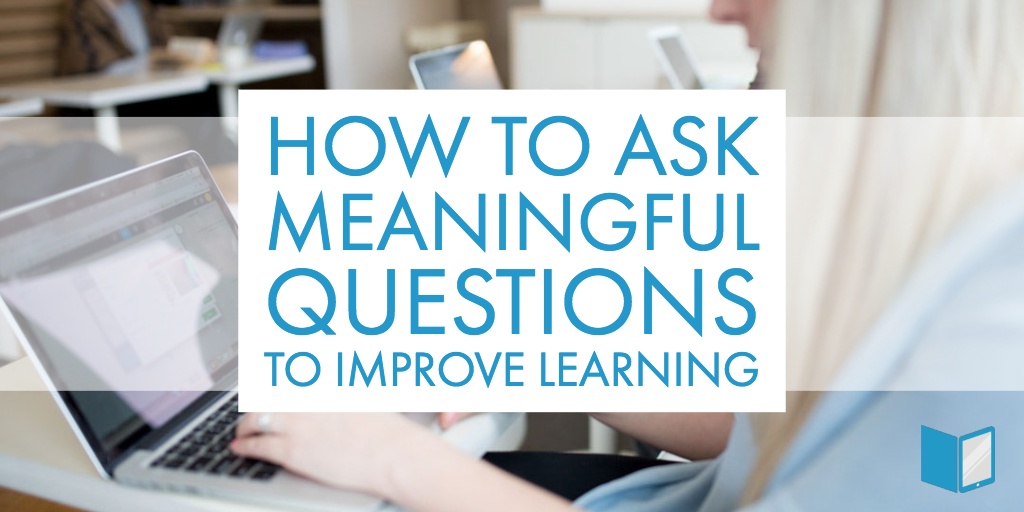
Our success in life depends on asking questions, reflecting on the answer, and making the right decisions based on the answer. Asking meaningful questions is critical in the learning environment. It allows the learner to reflect. They can ponder over the answer on their own or discuss in a group and come up with an answer. This is where you can use the feature - questions without an answer.
There is not always a correct answer. Learning has evolved and is no longer linear. It is important for the learners to know the content and answer correctly. But, it is equally important to drive the curiosity and creativity of the learner.
Why Should you Ask Meaningful Questions to Your Learners?
• Asking questions help to connect with the learner on a personal plane. It provides opportunities to provide them with personalized learning that is more beneficial to them.
• When you ask questions on a topic that requires the learner to reflect, they are more invested in the content. So, they go the extra mile to understand the topic.
• When the questions require the learner to discuss in a group, it encourages collaboration and positive team spirit.
• Meaningful questions help learners expand their minds and adopt new ways of thinking. It leads to bigger and brighter ideas.
Tips to Formulate Meaningful Questions
It is not easy to formulate questions that challenge learner curiosity. You need to put in a lot of thought into it. Here are a few tips that may help construct that perfect question that appeals to the creative side of your learners.
• Learners should not be able to answer your questions with just a ‘Yes’ or ‘No’. Keep them open-ended. Use words like what, who, where, how, when; instead of would, should, is, and so on.
• Asking follow-up questions on the same topic is a great way to dig deep. When the learner comes up with an answer to the first question, you can ask him why he feels that way.
• It is rude to interrupt someone who is talking. It implies that you do not value their answer. Interrupting them also hampers their train of thought. When you ask questions, you must listen to what the learner has to say, fully. Only when they are done, you should ask the next question. If you listen carefully, you can come up with the follow-up question based on their answer.
• The learners may not have an instant answer to the questions. They may need time to reflect and come up with their thoughts. Do not rush them. Silently wait for them to get done.
Meaningful questions encourage learner creativity and curiosity. They help the learners to become good thinkers and understand the topic well.
A remarkable simple software solution comes in the form of Gutenberg Technology’s MyEcontentFactory (MEF) that enable publishers to focus on a digital-first process that works seamlessly with the print option that follows.
More than 20 educational companies and publishers are using MEF software already, including Cengage Learning.






Leave a comment